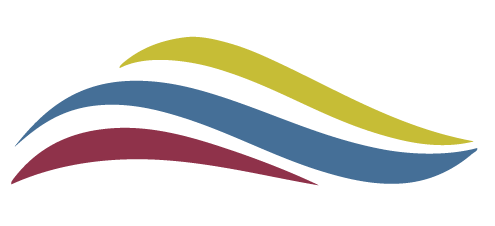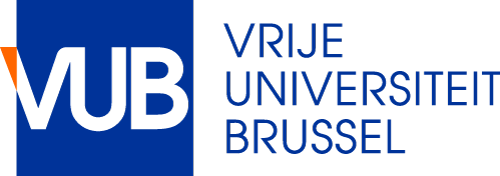Alumni testimonials
A great help in your career path can come from others sharing their experience and knowledge with you.
Hear the stories of our alumni, in which they speak about their experiences and challenges, and about where they are now in their careers, and lives after Oceans & Lakes.
These are the stories of Michaël Ronse, Arida Fauziyah and Reagan Okoth.
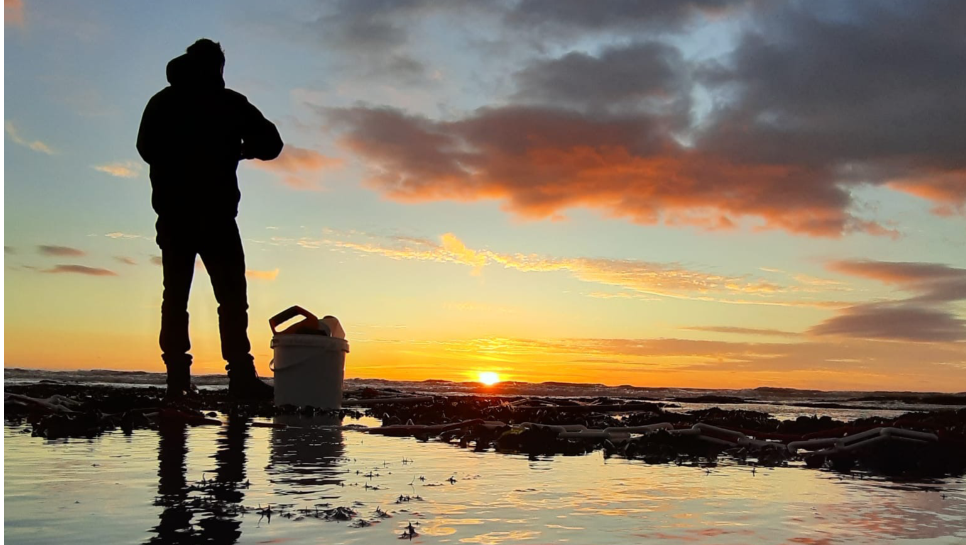
Michaël Ronse, Oceans & Lakes alumnus 2022
Mediterranean Wetlands Observatory, France
Choosing your academic journey, and making sure it really fits you, feels like it is one of the hardest and most stressful steps in your life. Thankfully, life sometimes goes smooth, and you make the right choices. Enrolling in the Oceans & Lakes program was one of them. After my first master degree, I was expecting in-depth knowledge and skills in marine and freshwater sciences to complete my background. But I got so much more. During this master’s programme, I got the chance to dig into a wide range of disciplines, from fundamental to applied knowledge. Thanks to multidisciplinary and passionate experts from three different universities, I got access to high-quality theoretical courses and practical experience, not only on natural sciences, but also on policy and management. The Oceans & Lakes program is so rich in terms of laboratory work, field training, seminars and groups assignments, that you just keep discovering and learning. Furthermore, in this programme, the students come from all around the world, they help each other and have fun together. On top of this, the staff is dedicated and supporting. This makes the program really unique. Today, I am really grateful for having completed this program because I feel confident to start my international career as a scientist, but also as a human being, thanks to the values I shared with my fellows and the Oceans & Lakes staff.
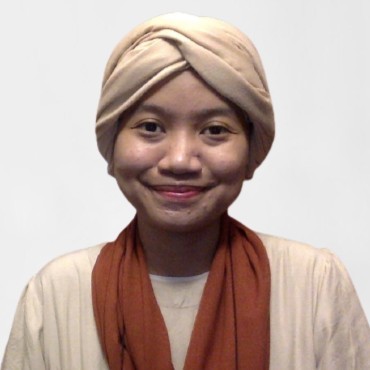
Arida Fauziyah, Oceans & Lakes alumna 2019
PhD Candidate at Institut Teknologi Bandung, Indonesia
Hello everyone, my name is Arida Fauziyah from Indonesia. I graduated from Oceans and Lakes in September 2019. Carrying home a distinction degree and international internship experience, I was confident to put them into practice in the area of mangrove management. The plan was to go home and apply for PhD opportunities abroad while applying for some positions in the country. Twelve months passed by, yet not a single official acceptance letter landed in my mail.
In the name of self-introspection, I second-guessed myself a lot during those times. But I'm more than lucky to have the best support system around me, those are my family and friends. My best friend Kylene and I talked every day, encouraging, and convincing each other about the saying “a smooth sea never made a skilled sailor”. We both realised that Oceans and Lakes courses have taught us beyond topping those academic grades, but to also top challenges in the real world. We figured out that it is better to start scholarship and job hunting prior to graduation. We also have noticed that social skill upgrades are needed to expand our professional networking.
In December 2020, I got accepted to a fully-funded PhD position at Bandung Institute of Technology Indonesia. This will be a joint PhD, in collaboration with the Marine Biology lab of Professor Marc Kochzius at the Vrije Universiteit Brussel. My research will be focused on developing sustainable mud crab Scylla sp. aquasilviculture in Indonesian mangroves. Currently, I am preparing for the first field sampling campaign in the mangrove forests of Central Java and East Kalimantan Indonesia. If you are interested in the same endeavors, do not hesitate to contact me.
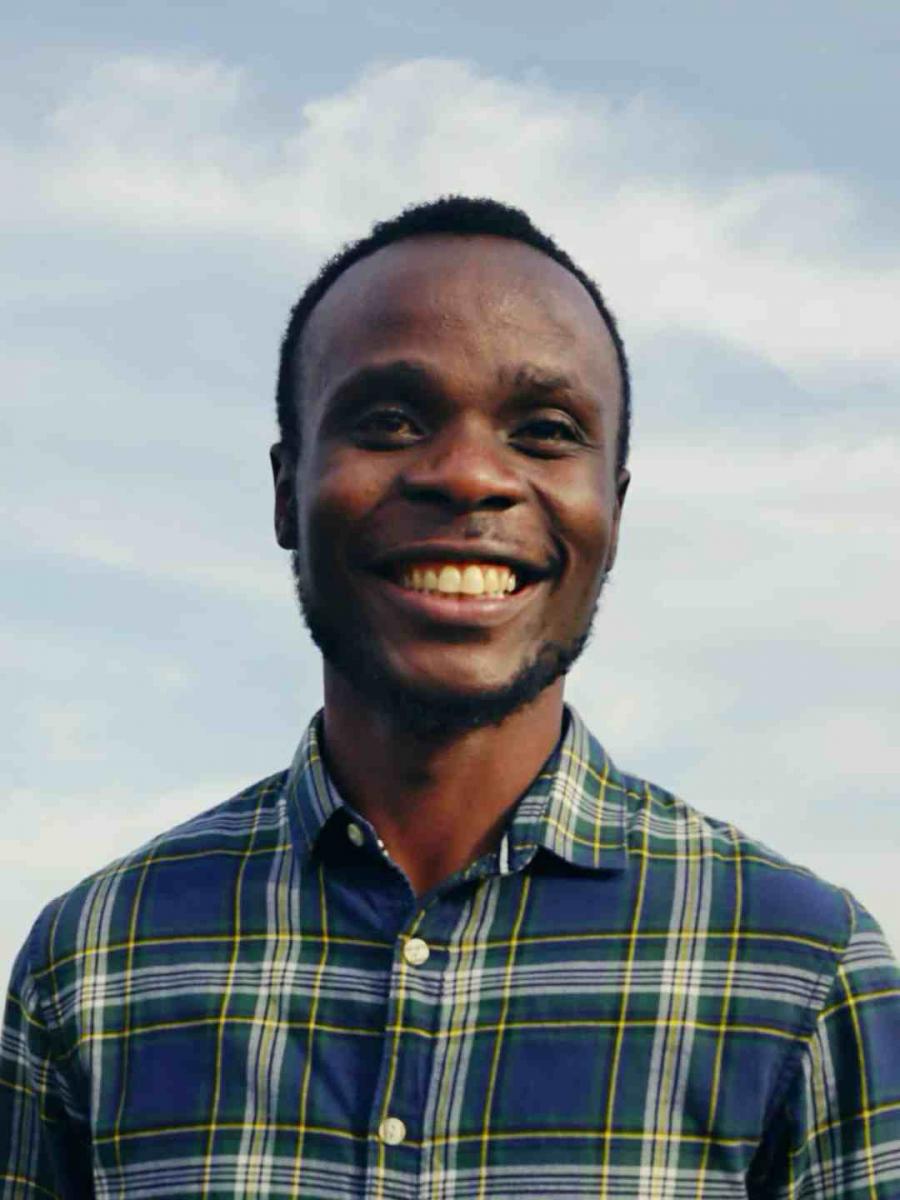
Reagan Okoth, Oceans & Lakes alumnus 2020
Research assistant at the Alfred Wegener Institute – AWI (Centre for Polar and Marine Research), Germany
After completing the Oceans and Lakes degree, I decided to register for a second master to study Earth Observation and Remote Sensing in Germany. This move was inspired by my experiences during my Oceans and Lakes studies, as I realised that the global marine ecosystem is an integral part of the Earth’s biogeochemical cycle, formed by a myriad of physical, chemical and biological processes. Many of these processes, I believe, can only be understood by harnessing the possibilities presented by the advent of satellite technology, such as routine survey and monitoring of the Earth’s surface, especially the land-water nexus.
While waiting to start the new master programme, I took a two-month internship position at Alfred Wegener Institute - AWI (Centre for Polar and Marine Research) in Potsdam, Germany, where I worked on a project on Remote Sensing Vegetation Classification in the Russian Arctic, the Lena Delta. The key objective of the project was to identify changes in vegetation structure across time using high-resolution satellite images. Therefore I used state-of-the-art classification procedures to map and analyse the current and past vegetation community boundaries, as this was an important deliverable of the project.
After completing the master programme, AWI called me back to work for them as a research assistant and to continue the work I started during the internship. In my current position, my main duties are to perform classification using different satellite sensors (Landsat 8 and Sentinel-2), to compare the methods between the two sensors and to quantify the effect of the different spatial resolution (sensor property) on vegetation classes. At the same time, I am also continuing in the master's programme.
Through Oceans and Lakes, I have built a solid background in marine ecology. The next step now is growing my Remote Sensing /Earth Observation skills. My interest is to combine these two skills to better study coastal systems.
Feel free to contact us via email or via this form if you would like to be featured next!
